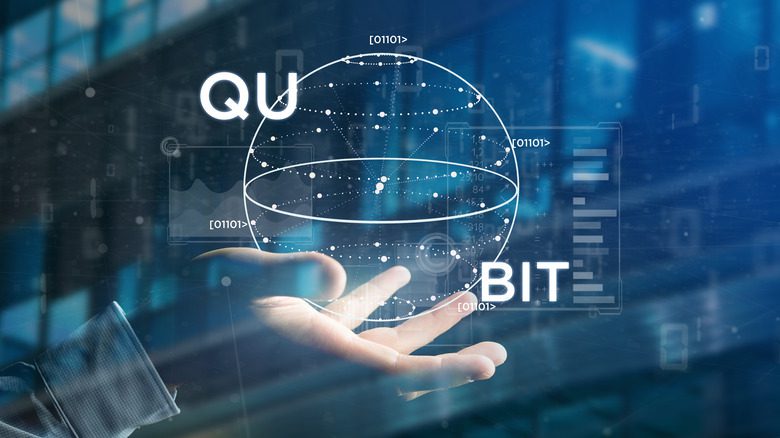According to the latest reports coming from Phys.org, it seems that the Internet can achieve quantum speed. Check out the latest details about this below.
Internet at quantum speed
The Niels Bohr Institute at the University of Copenhagen has developed a new method for creating quantum memory.
The researchers used a small drum to store data that was sent with light in its sonic vibrations. This data can then be forwarded with new light sources when it is needed again.
This breakthrough shows that mechanical memory for quantum data could pave the way for an ultra-secure internet with incredible speeds.
The research results have been published in the Physical Review Letters journal. The researchers converted light signals into sonic vibrations to create this new form of “quantum memory.”
The researchers have recently published a research article in which they have proven that it is possible to store quantum data, emitted as light signals from a quantum computer, as vibrations in a drum and then forward it.
This can be done through the same type of fiber-optic cable that is currently used for high-speed internet connections. Previous experiments have shown that the membrane can remain in a fragile quantum state.
Therefore, the researchers believe that the drum can receive and transmit quantum data without losing its quantum state, which is also known as “decoherence.”
They hope that this will help in the development of quantum computers that can transmit data without losing information.
“This opens up great perspectives for the day when quantum computers can really do what we expect them to. Quantum memory is likely to be fundamental for sending quantum information over distances. So, what we’ve developed is a crucial piece in the very foundation for an internet of the future with quantum speed and quantum security,” according to postdoc Mads Bjerregaard Kristensen of the Niels Bohr Institute, lead author of the new research article.
When transmitting data between two quantum computers that are separated by a distance, or when exchanging data among many quantum computers in a quantum internet, the signal is likely to be disrupted by noise.
The amount of noise in a fiber-optic cable increases exponentially as the length of the cable increases. This means that at some point, the data may become too distorted to be decoded.












Leave a Reply